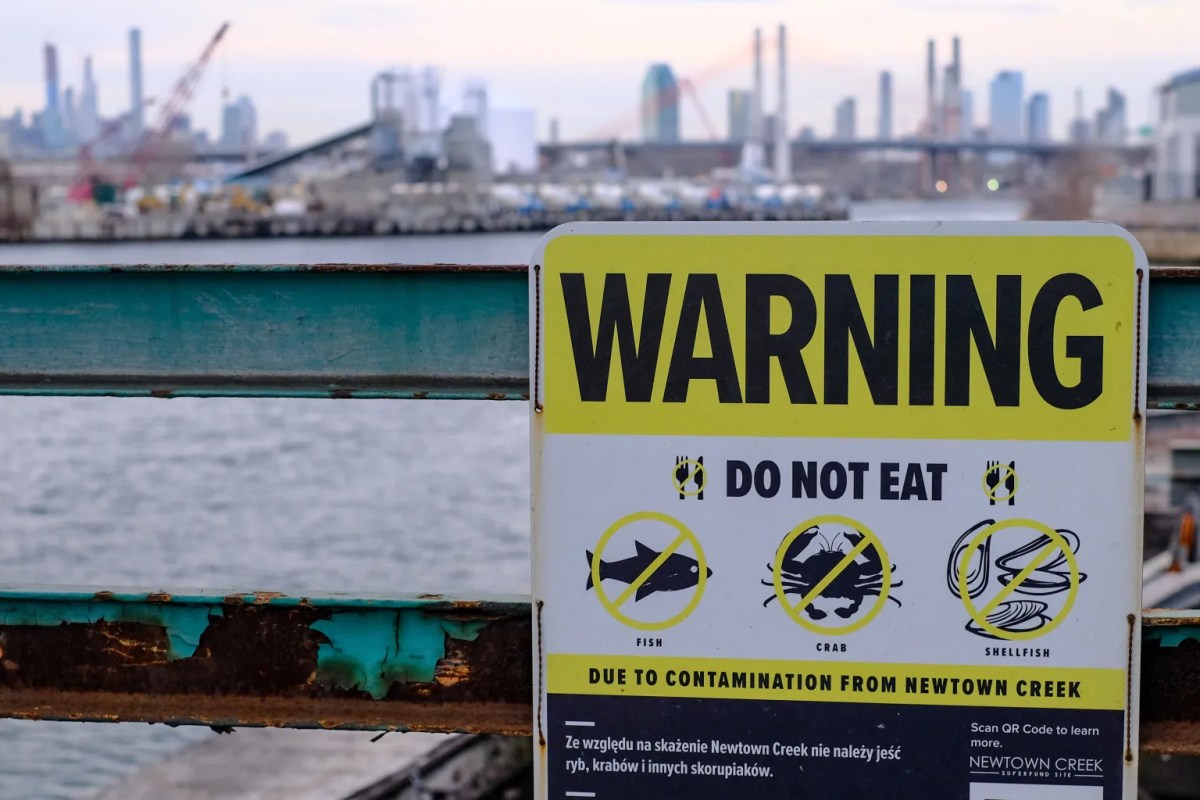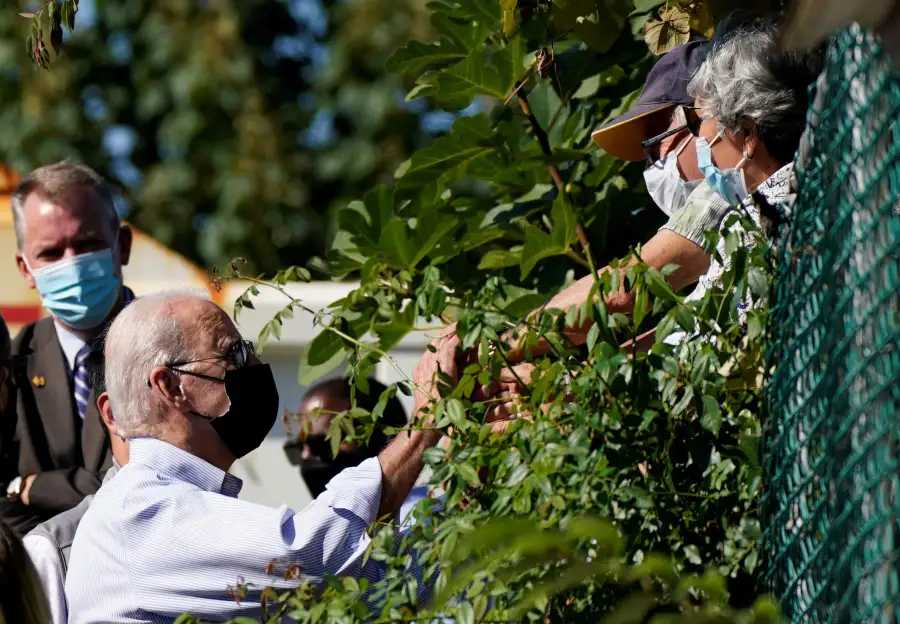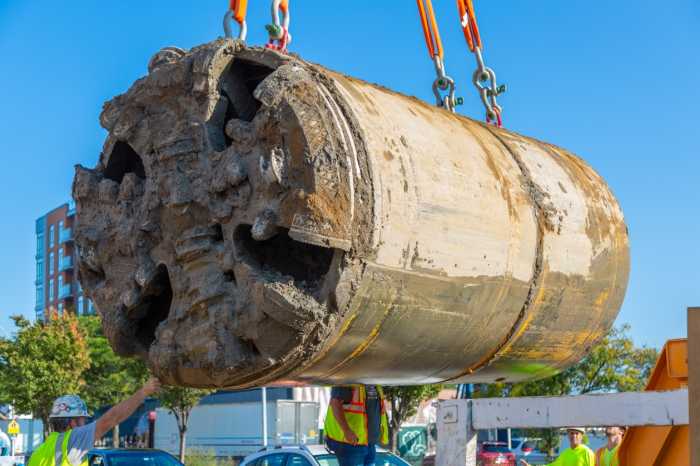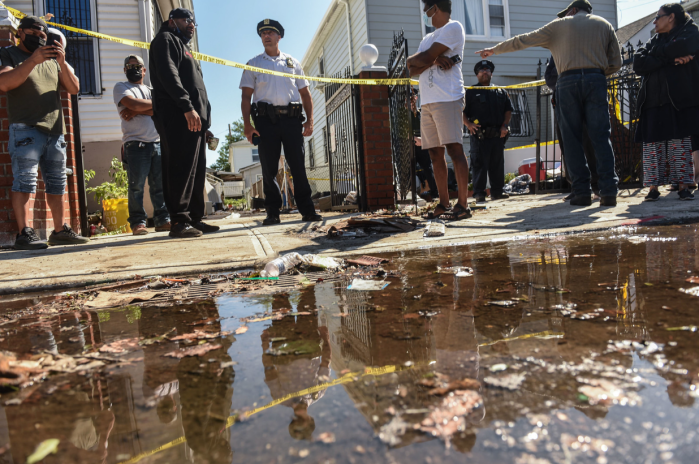Under the federal Water Resources Development Act (WRDA), local lawmakers were able to secure $190 million to address flooding in Queens over the next two years.
The provision of the WRDA, which authorizes the Army Corp of Engineers to improve the nation’s water infrastructure, was originally introduced by U.S Representatives Grace Meng, Alexandria Ocasio-Cortez, Gregory Meeks and Senate Majority Leader Chuck Schumer. While they secured $120 million in 2022, this year, an additional $70.8 million was allocated for Queens.
The $190 million in funding will be used to improve water and wastewater infrastructure, which will improve stormwater management and reduce sewer overflow. The flood control projects could also include national coastal mapping to support navigation, flood risk management, environmental restoration and emergency operations missions.
The lawmakers cited the devastation of Hurricane Ida, which made landfall on Aug. 20, 2021, as one of the main motivators for the Queens provision. There were 13 deaths in the city directly caused by Ida, with the most common circumstance being drowning in an unregulated basement apartment.
“Our response to the climate crisis must match the urgency of the moment,” said Congresswoman Ocasio-Cortez. “When I contributed to the Water Resources Development Act of 2024, I did so with the safety and well-being of my constituents in mind. We need to act now to protect our communities and ensure they are resilient against future climate challenges.”
Congresswoman Meng noted that flooding in Queens has proven to be a serious problem that will only continue to devastate the community if left unchecked. However, she believes that the provision of increased funding will help make Queens more resilient amid climate change.
“Weather events, like Hurricane Ida, have cost our community billions in damage, families have lost their homes, local businesses have been devastated, and lives have been lost because our existing water infrastructure could not handle the intense rain and rapid flooding,” said Rep. Meng.
WRDA is passed every two years with overwhelming bipartisan support. The bill responds to the needs of each local community and facilitates studies to determine the best solutions for each region.
The passage of the bill in the House marked a successful first step. But the legislation will now head to the Senate for approval.
“I’m proud to support this funding to help combat flooding in Queens, which suffered immense damage to roads, businesses and homes, and lives were tragically lost due to major storms like Hurricane Ida,” said Senator Schumer. “I’ll keep fighting to improve water infrastructure and management to help combat future flooding in Queens and across New York.”
With sea levels expected to rise 10-12 inches over the next 30 years due to climate change – just as much as sea levels rose over the last 100 years – coastal communities remain at an increased risk for dangerous and destabilizing flooding.
“I am proud to have worked with Congresswomen Meng and Ocasio-Cortez and Senator Schumer to invest in the safety and security of our water and wastewater infrastructure in Queens, and to protect residents from deadly flooding,” Meeks said. “In the face of climate change and extreme flooding events, the $190 million authorized by the Water Resources Development Act of 2024 is a welcomed investment in strengthening water infrastructure in Queens.”

New York’s junior senator announced last month that she had secured $25 million for water and wastewater infrastructure, including stormwater management in Newtown Creek, under the Water Resources Development Act. Senator Kristen Gillibrand says this includes technical, planning, design assistance and/or construction for wastewater treatment and related facilities and water supply , storage, treatment and distribution facilities.
For generations, Newtown Creek has been one of the most polluted waterways in America,” Gillibrand said. “While we have done so much to restore the health of the creek — including a Superfund site designation to hold polluters accountable — there is still so much to do.”
The 3.8-mile-long body of water empties into the East River and divides Long Island City and Maspeth from Brooklyn. Up until the latter part of the 20th Century, industries along the banks of the creek dumped unwanted byproducts into its waters, including a massive underground oil spill. In more recent years, remediation has brought marine life back to the creek after President Obama designated it a Superfund site in 2010.
“I am proud to have fought for a $25 million authorization for water and wastewater infrastructure,” Gillibrand said. “The critical funding would build on the work we have done to make our neighborhoods throughout northern Brooklyn and western Queens healthier places to live.”



































